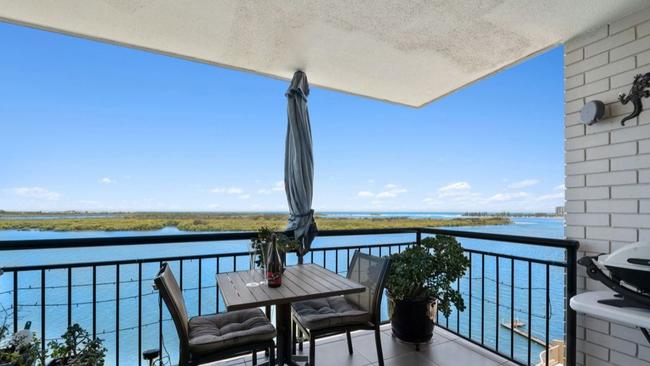Not much room at the inn: hard truths about holiday homes

Across Australia, there was a record net outflow of 11,247 people departing capital cities during the September 2020 quarter.
While Sydney property prices rose by a gentle 2.5 per cent last year and Melbourne property prices dropped by 1.7 per cent, figures from property research group CoreLogic show that property prices in rural and regional areas increased by almost 10 per cent. Are holiday homes to be reassessed?
Jarrod McCabe, director at Melbourne-based Wakelin Property Advisory, warns: “There is likely to be continued strong demand for coastal and regional properties over the next six to 12 months. But beyond that, we may start to see a plateau in values as the extra demand from people wanting to buy a holiday home or move out of the city due to COVID conditions settles down.”
Kitty Parker, buyers agent at Kitty & Miles, agrees and says: “Coastal property markets tend to be less active in the colder months. I expect the same pattern to occur this year.”
If owning a holiday home sounds appealing to you, there are several things to consider that I can talk about not just from experience as a financial adviser, but as an owner of a coastal holiday home myself. After spending multiple family holidays in the Lake Macquarie region, about one hour north of Sydney, a few years ago my wife and I decided to buy a property on the eastern side of the lake where residents are spoiled with the ocean on one side and the largest coastal salt water lake in the southern hemisphere on the other.
Although our retirement dates are likely to be 20-30 years into the future, we thought it made financial sense to lock in today’s property prices in an area that we would like to retire to down the track rather than buy when we retire and potentially pay double or triple today’s prices.
For less than the price of an average two-bedroom apartment in Sydney, we acquired a two-storey lake-front property on 800sq m of land. The intention was to take family holidays there over the Easter and Christmas periods, while renting it out at other times on Airbnb. But we quickly realised that the times we wanted to stay at the property were also the same peak periods that Airbnb guests were willing to pay the most per night for a stay.
So rather than the initial dream of using the holiday home throughout the year, it has become a pure investment property that we only visit to fix leaking gutters or change batteries on the smoke alarm. This proved to be financially beneficial in 2020 as we saw a spike in bookings with people choosing domestic holidays within a comfortable driving distance Sydney.
Here’s the economic reality: in terms of the economics of a rented-out holiday home, the typical gross rental is a healthy 5-8 per cent. But bear in mind that running costs are likely to be higher than a traditional rental property.
Money will need to be spent on repairs and maintenance for whitegoods and other appliances required to offer short-term accommodation due to wear and tear from groups of guests coming and going. Home and content insurance covering short-term accommodation is also more expensive and can be double the cost of a normal policy.
Assuming a 6 per cent gross rental yield and outgoings of 2 cent, the net rental yield is likely to be about 4 per cent on a holiday home. With investment-loan interest rates around 3 per cent, a holiday home in the right location is likely to be cashflow positive under an interest-only repayment structure. But alas, this return drops dramatically if you stay in the property yourself during peak times.
Timothy Ricardo, certified practising accountant with Ricardo Accounting, says: “If you intend to claim a tax deduction against the expenses of a holiday home such as interest costs and property management fees, you can only claim a tax deduction for the period that the property was genuinely available for rent.”
With the popularity of short-term accommodation sites such as Airbnb, owning a holiday house is no longer something limited to the upper echelons of society.
Just now, with regulator lockdowns in the major metropolitan centres, holiday homes are particularly attractive — just keep the economic realities in mind: if you run them strictly as a business proposition, the numbers stack up … but only just.
James Gerrard is principal and director of Sydney financial planning firm financialadvisor.com.au






Once regarded as a questionable investment, the reality of COVID travel restrictions has led to a resurgence in coastal and regional holiday homes.